Hudson Valley Wine & Grape Association’s 5th Annual Hudson Valley Wine Competition
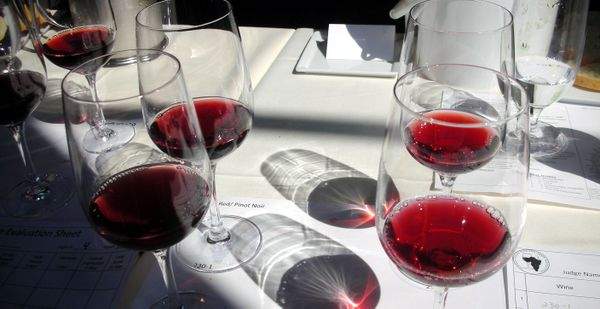
The pinot noir flight at the HVWGA's 5th Annual Hudson Valley Wine Competition
By Lenn Thompson, Editor and Publisher
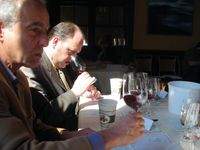 As I mentioned last week,I was asked to judge the Hudson Valley Wine & Grape Association's 5th Annual Hudson Valley Wine Competition over the weekend, and I have to tell you, I had a blast doing it. I met some great people for the first time, including the Hudson Valley Wine Goddess, Colleen from Brotherhood Winery, Brian Simpson, Tish and the Beer Wench.
As I mentioned last week,I was asked to judge the Hudson Valley Wine & Grape Association's 5th Annual Hudson Valley Wine Competition over the weekend, and I have to tell you, I had a blast doing it. I met some great people for the first time, including the Hudson Valley Wine Goddess, Colleen from Brotherhood Winery, Brian Simpson, Tish and the Beer Wench.
The wines entered in the competition need to be made with 100% New York State grapes, preferably grapes grown in the Hudson Valley. There were 80 entries from approximately 15 Hudson Valley Wineries.
The full results of the competition should be released sometime this week, but I came away from my first judging experience having learned several things:
- There are some very good wines being made with Hudson Valley-grown grapes, not just fruit purchased from Long Island and the Finger Lakes (though that is still widespread).
- Judging at least 60 wines (I wasn't counting) is hard work. Fun too, but still hard work.
- It's true what they say about wines with 'something different' standing out. There was a cabernet with a distinct rosemary-eucalyptus note that I kept coming back to. It really made the wine stand out in that flight.
- Red hybrids can bring some great flavors to the table, but wow, their acidity can be mouth slashing.
- There are some terrific, thirst-quenching ciders being made in the Hudson Valley
- Some interesting fortified dessert wines too.
- Most of the white hybrids are still too sweet.
- The overall quality, at least of the wines I tasted Saturday, seem to be improving.
- A few wineries are charging a lot of money for middling wines made with hybrid grapes, as much as $30
- Cabernet franc might be the grape of the future for the region.
- And boy can judges differ in how they score wines. Amazing just how much.
Once the results are posted (and I get copies of my scoresheets back) I'll share more details on specific wines.
I'd like to thank the organizers for inviting me to judge and I look forward to judging the competition again next year.
In addition to the wine aspect of the day, it was interesting to see
just how interested (for the most part) people were in hearing about
blogging and Twitter.


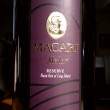
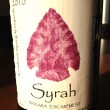
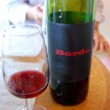
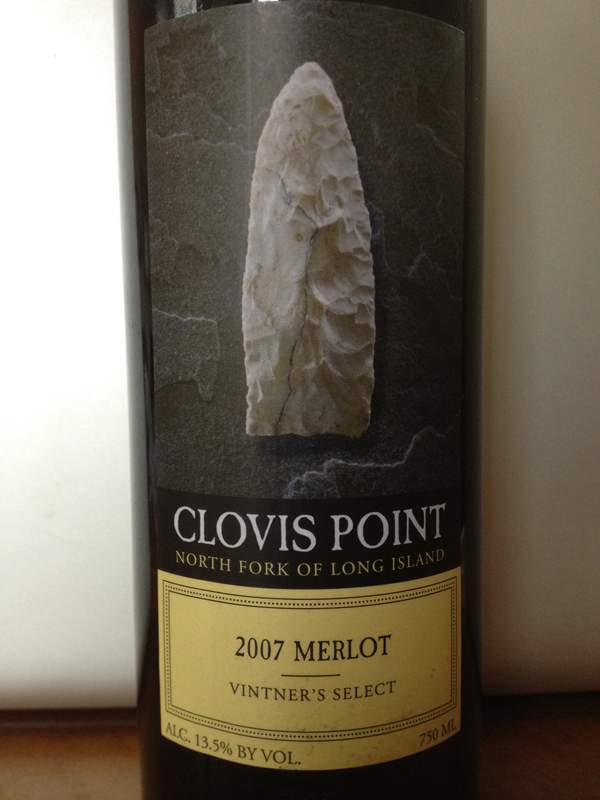
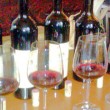
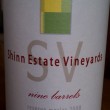
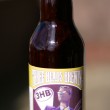
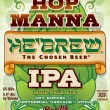
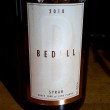
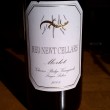


“And boy can judges differ in how they score wines. Amazing just how much.”
You bet, Lenn.
With such wide swings in scores, averaging to award medals is problematic, which is why consensus judging seems to work best. Still, the wide diverging scores cause me to often wonder over the value to consumers concerning wine competitions.
I just finished a wine competition where a few wines had noticeable flaws like serious mercaptan, oxidation, and v.a. yet, some judges gave them Gold Medal scores.
Thomas,
Agreed, and this ended up being consensus judging — at least when it came to selecting the best white and red wines.
I noticed a couple flaws in a couple wines on Saturday, but we weren’t supposed to discuss the wines with our fellow judges, so I don’t know if anyone else noted them.
What Thomas said is distressingly true, and it ultimately comes down to the fact that quality (as defined by pleasure giving, in the case of wine) is not only undefinable but non transferable. Everyone should read Zen and the Art of Motorcycle Maintenance on this subject! But as Thomas comments, what do you do when scores on a single wine by a panel of experts are all over the place? Who is right? I have certainly seen mercaptan-laden wines get gold medal scores from ‘experts’. Is it our job to tell them the ‘truth’?
Peter: This was my first judging gig, but I tried to approach it that way. My tasting sheets, which are supposedly going to be shared with the winemakers, had not only AWS scores across the board, but notes at times, including a little “VA?” note and “poor balance”
Is that what I was supposed to do? I’m not sure, honestly. I just did what I thought made the most sense.
It was interesting. One of the judges near me had very similar scores to my own. Another though, was very different from me.
It’s definitely easy to see the inherent flaws in these sorts of competitions.
Lenn,
My notes always contain what I perceive as technical flaws, if I perceive them. I could be wrong on some of them and one way to prevent wrong analysis from happening would be for competitions to first have all wines submitted to lab evaluation.
That would mean establishing parameters of technical acceptability. Such a move would address a level of subjective analysis that itself is flawed-but I don’t envision it happening any time soon!
Lenn,
It was a pleasure having you judge the competition. I will bring the sheets with me Friday. The wineries will see the scores but not the names of the judges who gave them the score.
Curious to hear more about the wineries that attended. I had no idea this was even going on (despite the fact that I’m on Terrapin’s mailing list) - just goes to show how completely out of the loop I am!